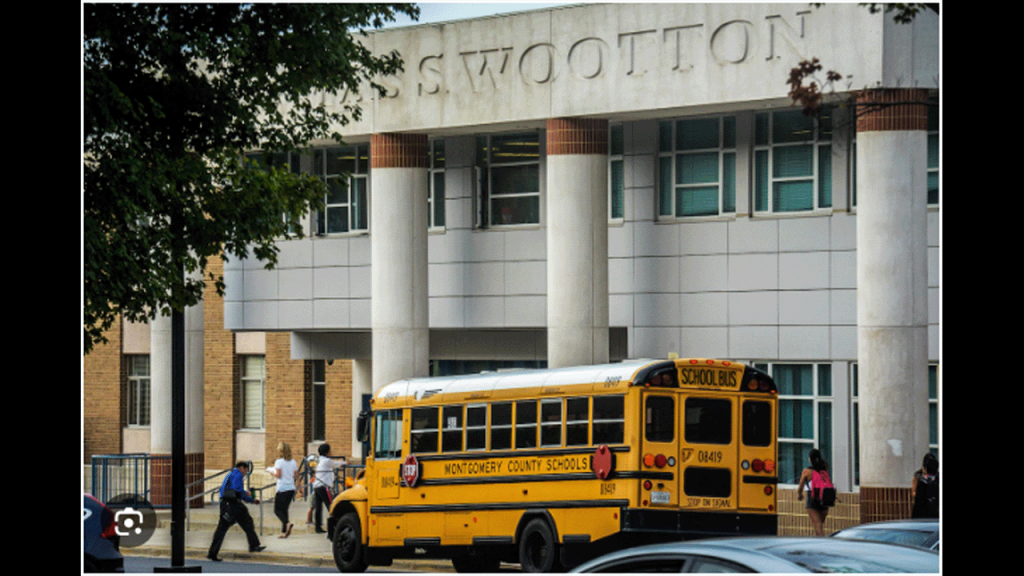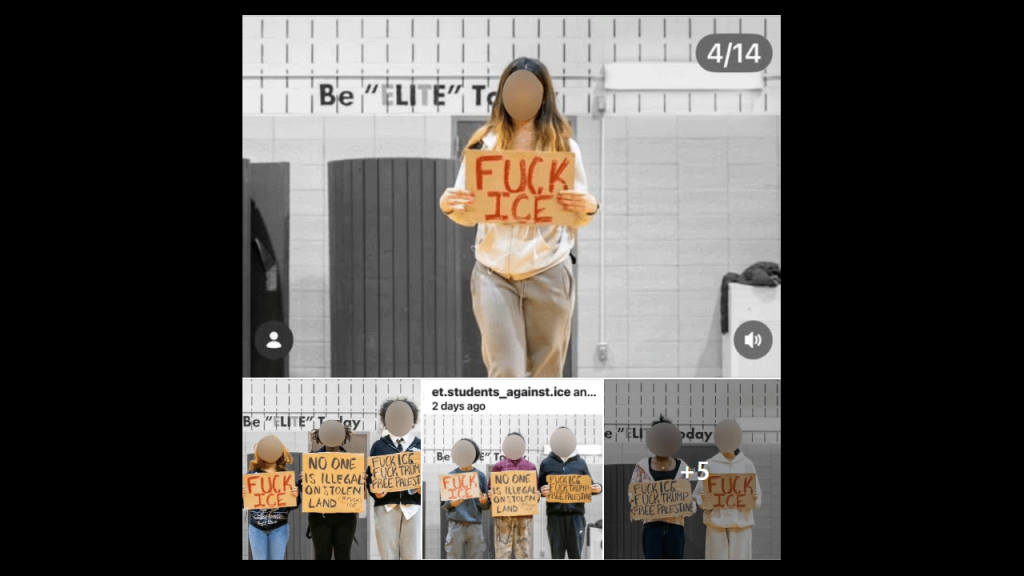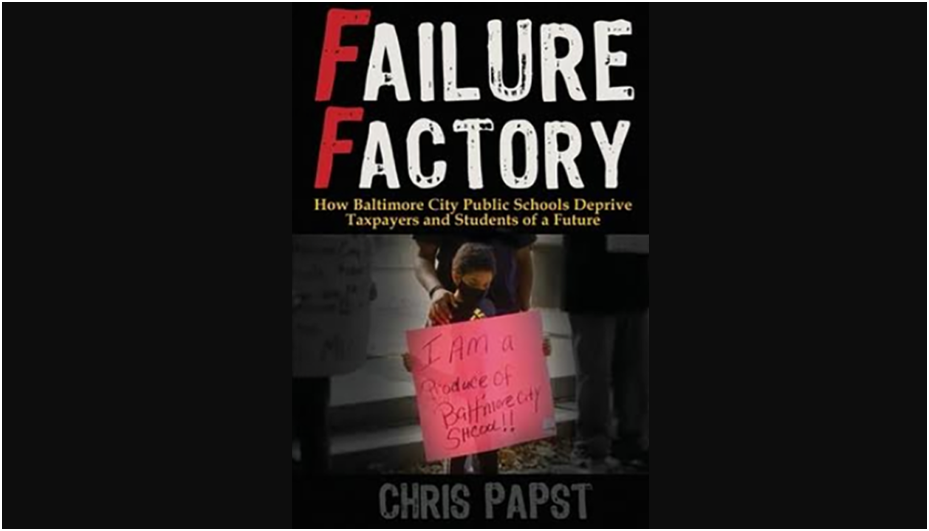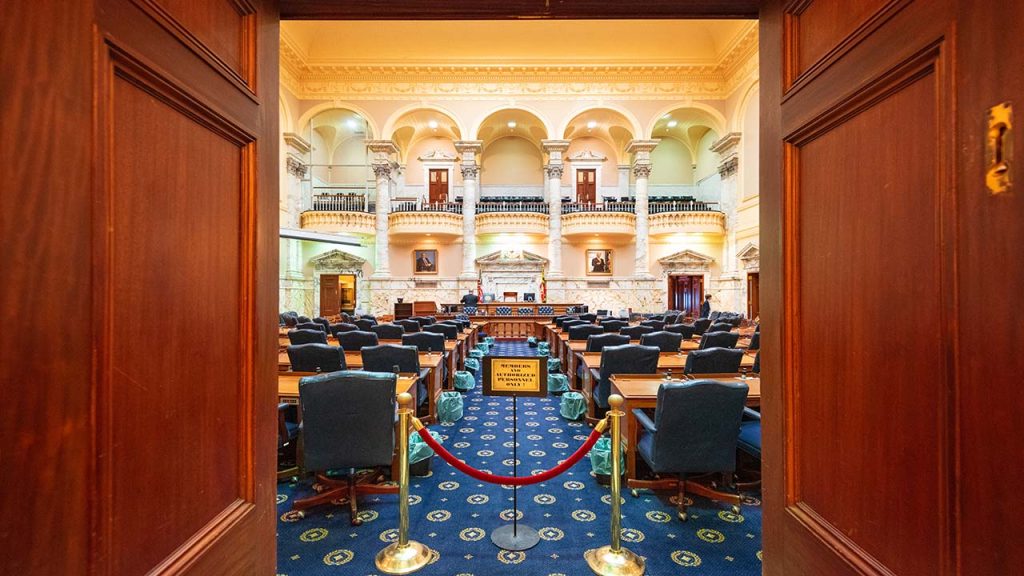
Schools Are Part of the Biden Administration’s Plan for Combating Antisemitism
Citing a concerning rise in reports of antisemitic incidents in K-12 schools, the White House is calling on districts to help address discrimination against Jewish students.
The call for action came as part of a first-of-its-kind interagency plan to counter antisemitism released by the Biden administration Thursday. The plan includes over 100 actions, including a campaign by the U.S. Department of Education to raise awareness about the issue and guidance from the agency’s office for civil rights about discrimination against Jewish students.
“No student should have to face discrimination or harassment because of their race, color, national origin, shared ancestry, such as Jewish ancestry, or ethnic characteristics,” U.S. Secretary of Education Miguel Cardona said in a statement.
The efforts come after a reported increase in hate incidents against Jewish people both in and out of schools. The Anti-Defamation League tracked 494 reports of incidents like targeted harassment and antisemitic vandalism in K-12 schools in 2022, a 49 percent increase over the previous year, the organization reported in March.
What the new guidance does
The guidance—issued Thursday by the office for civil rights as the White House released its larger plan—puts schools on notice that they are required to respond to discrimination and harassment against “students who are or are perceived to be Jewish” under Title VI of the Civil Rights Act of 1964. That law prohibits discrimination based on race, color, or national origin, including shared ancestry or ethnic characteristics, and past administrations have repeatedly emphasized inclusion of Jewish students in its protections.
The White House plan also directs Education Department officials to raise awareness of antisemitism through site visits to K-12 schools and higher education campuses to spotlight successful strategies to address it. The agency will also disseminate helpful resources for schools to address hate incidents and promote inclusion, the plan says.
The plan also calls for federal agencies and public organizations like the United States Holocaust Memorial Museum to address the roots of antisemitism through education about Jewish history, Jewish contributions to society, and the Holocaust, including resources for schools. Such efforts are required under the Never Again Education Act, a bipartisan bill enacted in 2020.
Beyond federal actions, the plan calls on K-12 schools to provide a clear and direct process for students to report antisemitic incidents and to be transparent about how they respond to such reports.
K-12 schools should “issue clear and unwavering statements condemning all forms of hate, including antisemitism, especially in the wake of antisemitic incidents,” the White House said.
The plan won praise from Jewish organizations and anti-discrimination groups.
“In an era of rising antisemitism in the U.S. and around the world, we appreciate the clarity and urgency demonstrated by the White House in releasing its National Strategy to Counter Antisemitism,” a coalition of 25 organizations said in a joint statement.
Schools are ‘a microcosm’ of society
School systems around the country have dealt with concerns about antisemitism.
The 160,000-student Montgomery County, Md., district experienced a surge in antisemitic hate incidents during the 2022-23 school year, including five public incidents in a single week in March. In December, the sign for Walt Whitman high school was spray painted with graffiti that said “Jews not welcome,” prompting outrage from county leaders, civil rights advocates, and student groups.
In response, county officials met with Jewish groups, held public events, and quickly condemned the acts. District leaders also revised Montgomery County’s forms for reporting incidents, spokesperson Jessica Baxter said. While students previously reported incidents on a general anti-bullying form, the district has since created a separate process to report hate incidents of discrimination on the basis of race, ethnicity, national origin, religion, gender or gender identity, and sexual orientation. And they provided opportunities for students who commit hate acts to meet with people who have been hurt by their actions, spokesperson Jessica Baxter said.
Baxter agreed that some community members were surprised to see such acts in a county where about 10 percent of residents are Jewish.
“We are not just seeing it in our school system, we saw it across the county,” she said. “Schools are a microcosm of what’s happening in society. When you see what’s happening on social media, kids are privy to that. It’s happening here and it’s happening across the nation.”
In a March Education Week opinion piece, Montgomery County instructional specialist Miriam Plotinsky called on educators to “share, expose, and prove untrue common tropes, as uncomfortable as it may be.”
“It might be uncomfortable to address topics like fictitious Jewish space lasers, threatening tweets, and graffiti on school walls telling Jewish students to ‘go home,’ ” she wrote. “But if educators continue to ignore these warning signs and look only to the past, they are consigning their Jewish students to hatred—now and in the future.”
Dig Deeper With Our Longreads
Newsletter Sign up to get our best longform features, investigations, and thought-provoking essays, in your inbox every Sunday.
The MEN was founded by John Huber in the fall of 2020. It was founded to provide a platform for expert opinion and commentary on current issues that directly or indirectly affect education. All opinions are valued and accepted providing they are expressed in a professional manner. The Maryland Education Network consists of Blogs, Videos, and other interaction among the K-12 community.








